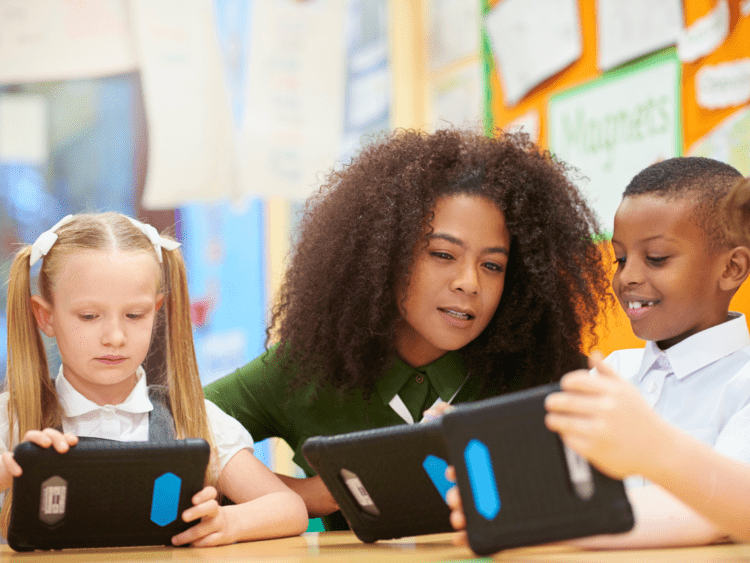In a comprehensive assessment of the role technology plays in global education, UNESCO recommends a cautious approach, voicing concerns over data security and equitable access. In their latest report titled, “Technology in education: A tool on whose terms?” UNESCO proposes a more human-centered approach to digital learning.
“We need to teach children to live both with and without technology; to take what they need from the abundance of information, but to ignore what is not necessary; to let technology support, but never supplant human interactions in teaching and learning,” commented Manos Antoninis, UNESCO’s Director responsible for the report.
The Importance of Data Privacy in Education Technology
A key concern raised in the report is the issue of data leaks in educational technology. A staggering 84% of countries lack legal guarantees of data privacy in the classroom. There is an urgent need for regulations to prevent data misuse and protect students’ rights.
Antoninis stressed the fact that, “vast amounts of data are being used without the appropriate regulation, so this data ends up being used for other non-educational purposes, commercial purposes, and that’s of course a violation of rights that needs to be regulated.”
Equal Access to Digital Learning: A Global Imbalance
The report underlines the disparities in the realm of digital learning. The sudden switch to online-only tuition due to the COVID-19 pandemic left half a billion students worldwide in the lurch, especially those from marginalized, rural communities. The right to education is increasingly linked with the right to meaningful connectivity, making it critical for countries to establish benchmarks for school internet access by 2030.
Appropriate and Scalable Use of Technology in Education
Not all technology use in education is inherently beneficial.
As UNESCO Director-General Audrey Azoulay warned, “The digital revolution holds immeasurable potential but, just as warnings have been voiced for how it should be regulated in society, similar attention must be paid to the way it is used in education.”
The focus should be on enhancing learning experiences and promoting student and teacher wellbeing.
The report also suggests a lack of impartial evidence about the value added by tech in classrooms. It cites the US-based What Works Clearinghouse, which has found that less than two percent of evaluated education interventions had substantial or moderate evidence of effectiveness. UNESCO advises that the rapid evolution of technology demands digital literacy and critical thinking skills, especially in the era of AI.
To wrap up, the UNESCO report emphasises that, while technology holds promise in reshaping education, its implementation must be handled with caution, safeguarding student privacy and ensuring equitable access. Also, teachers need proper training to navigate this digital landscape, given the rising cybersecurity threats.












